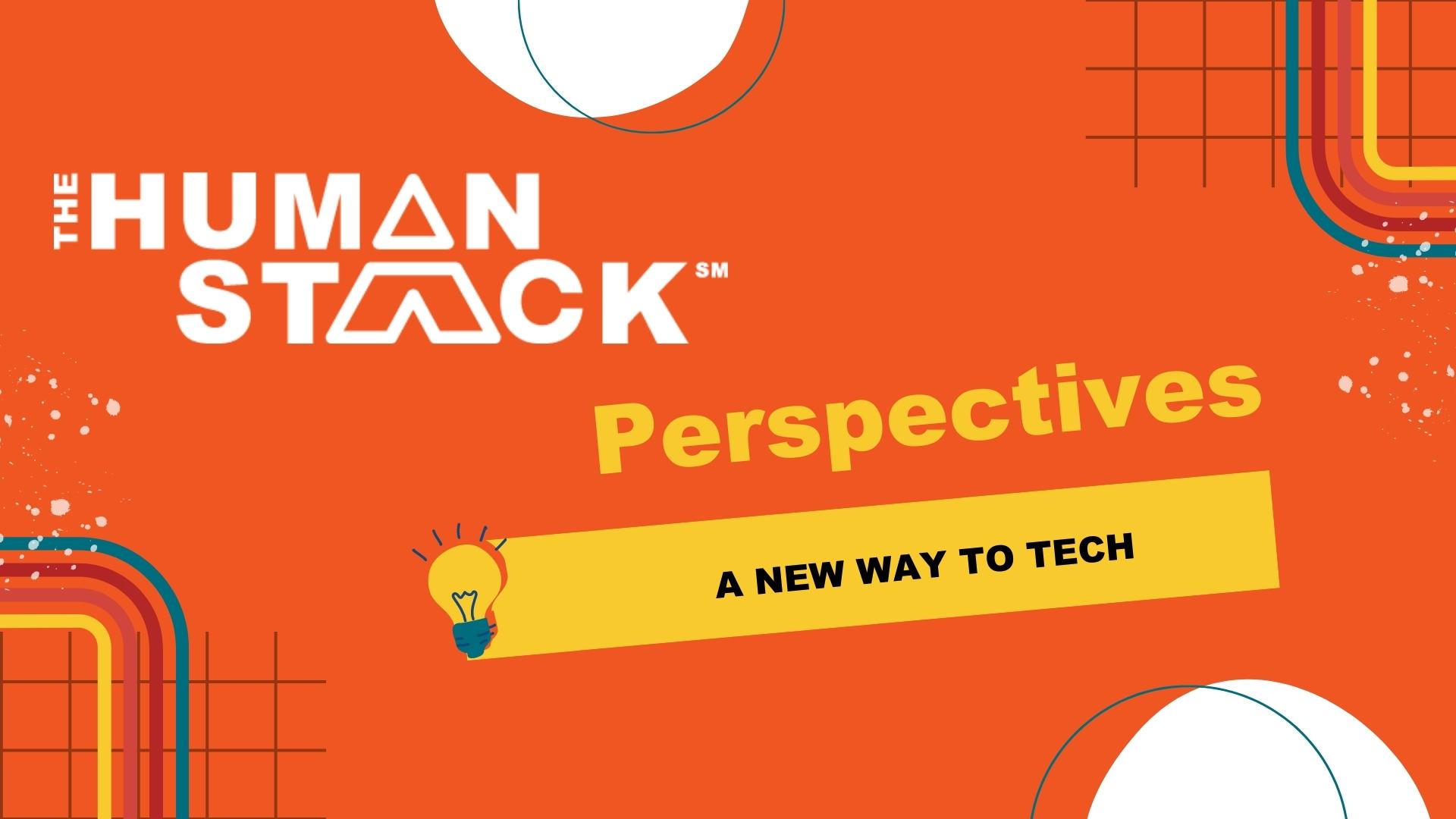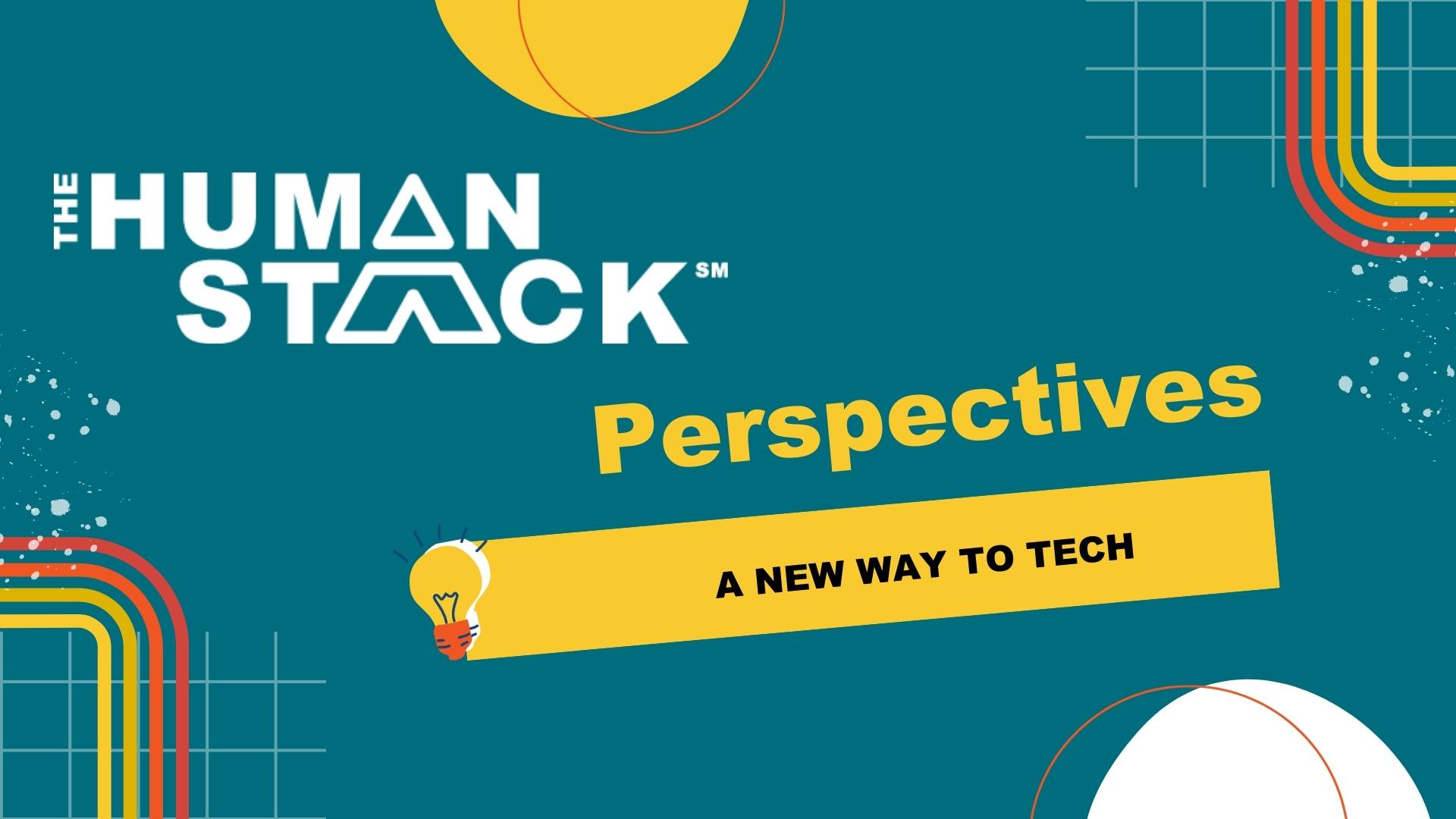4 min read
Explore These Best Practices Before You Ditch Your Nonprofit CRM
 Tim Lockie
:
May 27, 2020
Tim Lockie
:
May 27, 2020
If you've spent months or even years losing sleep over a CRM platform that no longer serves your organization the way it once did, know that you're not alone. Many nonprofits—especially those scaling rapid growth—struggle to find the best system for tracking and managing their volunteer programs, donations, and events. Further complicating matters is the dizzying range of attractive-looking tools and services that make it hard to decide. Do you need better data retrieval software? A more streamlined internal chat system? A different approach to using Salesforce? Or do you need an entirely new platform?
It might be tempting to break things off with your CRM and start over with a new system, but before you take that extreme step, consider this: The problem might be you. Or rather, your problems might stem from the bad habits and quick fixes we've seen teams implement over the years in response to CRM issues. At the first sign of trouble, some users will inevitably revert back to their own siloed spreadsheets and faulty systems. If your CRM is starting to exhibit flaws that seem insurmountable, it's entirely possible those tiny early betrayals are now threatening the very framework of your operations.
But it's not too late to fix it. If you're committed to rooting out the problems and changing course where necessary, you can get everyone back on track toward achieving both short- and long-term CRM goals.
Do you need a new platform or a partner?
Here's an analogy for all you fitness buffs: If you stop seeing results at the gym, would your solution be to change gyms? Perhaps. But more likely, you'd begin by examining how you’re spending your time. What habits have you maintained over time versus those that have gone by the wayside? Which activities tend to deliver the best results for your body type and needs? You might even enlist a physical trainer who can guide you through unfamiliar exercises and help you envision a roadmap to results.
A similar thought process can help transform your data for optimal results. Start by asking yourself: Do you need a new CRM platform, or do you need a partner to help you optimize the one you already have? The last thing you want to do is invest a lot of money in a new system, only to find out that changing it didn’t actually accomplish what you thought it would. Before you take that leap, look closely at how your teams are using the current tools at their disposal. From there you can decide if it’s your habits or your system that need to change.
Here are some tell-tale signs that teams are using your CRM the way they should:
- Duplicates are on a list and the appropriate people are reviewing them weekly/biweekly.
- The data is clean, with very few incomplete, incorrect, inaccurate, or irrelevant records.
- There’s a documented structure in place that’s easy to understand.
- Users are logging in and regularly accessing the info they need.
- Users are relying on the system for their intelligence, rather than looking at past emails, spreadsheets, and other siloed sources.
- KPI reporting doesn't require two weeks and a magic wand to appear.
If you’re not seeing this evidence, it could be time to start scouting a new solution—or it might just be time to bring in a professional consultant. Just as a qualified trainer can help get your workouts back on track, the right consulting partner can give you a reliable big-picture view of your CRM and help you start plotting a course toward the outcome you want.
If a platform change really is in order, here are some other things to consider.
- Is one platform better than the rest? Everyone knows there’s more than one pathway to success, but instead of platform-agnostic, we like to we like to guide nonprofit leaders to a platform-aware way of thinking. We start by helping them pinpoint their organization's unique needs and priorities and empower them to assess the various pros and cons of both long-respected and fast-emerging tools in the marketplace .
- How important is centralization? Meeting your organizational needs doesn’t necessarily mean you need a central platform for everything—even though saying so tends to fly in the face of conventional wisdom. While there are many, many benefits to having your data all in one place, centralization doesn't guarantee what should be the goal of any platform-building endeavor: reliable intelligence gathering.
- Does everyone on my team need to use the same system? More important than system is the ability to gather information from a bunch of different data sources. An easy way to think about this is the Mac vs. PC debate of the early 2000s. Back then, these platforms worked entirely differently, with users encountering a lot of translation issues between the two. Fast forward to 2020, with members of the same team frequently using both Macs and PCs with few problems. We’ve reached this level of interoperability because we stopped focusing on choosing one end-all-be-all system and instead started focusing on collective standards for gathering data, and we were rewarded with tools that include Google Docs, Dropbox, Office 365, and more.
- Will my platform investment pay off? There’s a lot of confusion surrounding donor database software, nonprofit CRMs, and fundraising software, and it can make it difficult for leaders to anticipate the real value of investing in a new system. Getting to the bottom of this sticky question will require you to look closely at your organization’s budget, priorities, and timeline, and apply the hardest available numbers you can when weighing cost against functionality to determine the value of your investment over time.
Remember, your CRM platform is only as strong as your process.
It simply can’t be overstated: The quality of information you glean from any platform will only be as good as the information you put into it. The first step is having a solid understanding in place for what you hope to get out of your platform. Then, you must build a solid strategy that your entire team can take to heart. At the end of the day, it won't matter how much money you invest in a new system with all the bells and whistles. The difference between success and failure for your CRM implementation strategy will rest squarely on your team and their behaviors and habits for using the system.





